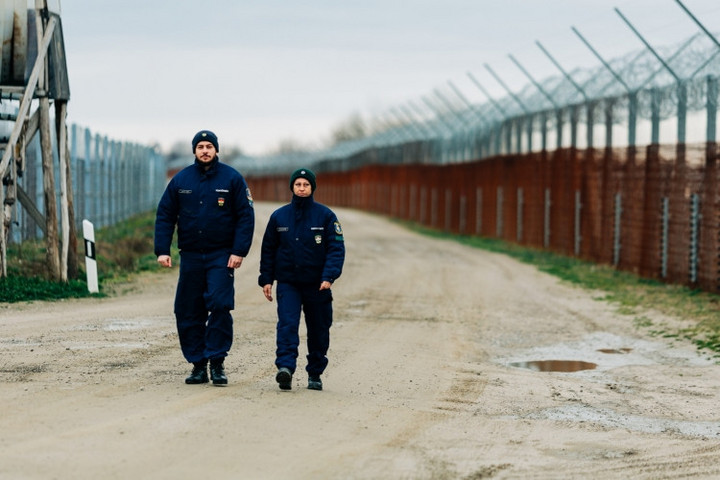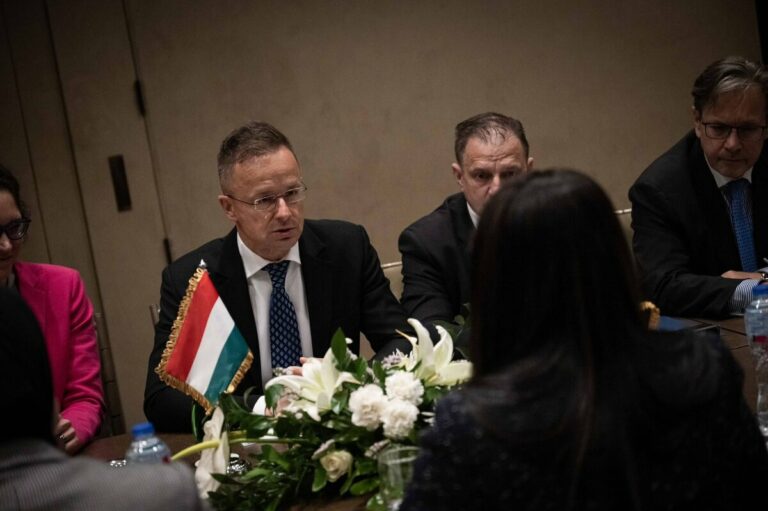Europe
Russian citizens receiving Hungarian citizenship double since Ukraine war began

PM Viktor Orbán takes EU’s Article 7 seriously as Hungary’s sovereignty laws trigger alarm

Budapest’s House of Music earns European praise for revolutionising the museum experience

Hungary pressures EU to reveal secret Pfizer vaccine texts after court ruling

Budapest mayor Karácsony: Europe must wake up before it repeats the mistakes of the past

‘We Hungarians belong together’: Pilgrimage across borders celebrates national unity

The situation is critical: Poisonous wine floods Europe, Hungary also affected

Hungarian security advisor: ‘We must live with illegal migration’

Here’s why Budapest real estate remains a bargain by European standards

Travelling from Hungary? Good news: Flights are now cheaper than last year across Europe!

Hungarians have right to know how NGOs have spent EU monies

Hungarian FM Szijjártó meets Egyptian FM in Cairo

PHOTOS: New, modern trams travel across Europe to join Budapest’s public transport network

Hidden gem: Hungarian wine region named one of Europe’s top wine destinations!

Budapest voted Europe’s third most exciting music capital!

Trump administration strongly opposed, yet PM Orbán risked escalation in Balkans because of Dodik?

Wishing to work from abroad? Hungary’s one of the best choices according to a new study!

Orbán cabinet: Europe ‘should stop marching down a dead end’





 ZH
ZH IT
IT DE
DE HR
HR NL
NL FR
FR JA
JA RO
RO RU
RU ES
ES TR
TR
